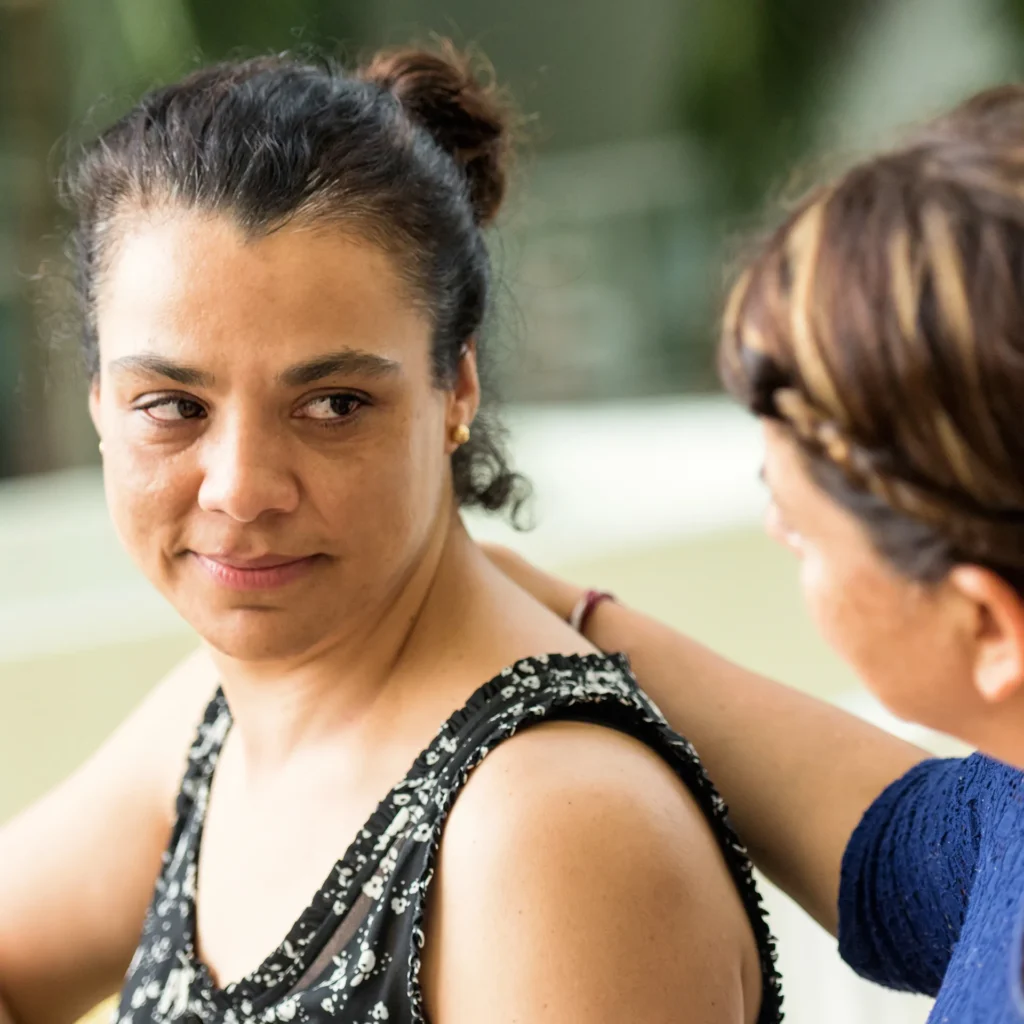Understanding your lung cancer diagnosis

A first step you can take is to better understand what kind of lung cancer you have. This helps you and your doctor make the best decisions about your care.
You’ll probably have lots of questions. Write down your questions and concerns before you see your doctor so you don’t forget them. It’s a good idea to bring a family member or friend with you for support. They can help you to remember more about what your doctor says.
Common questions to ask your doctor include:
- What type of lung cancer do I have?
- What stage is my lung cancer?
- What treatment do you recommend?
- Are there other treatment options?
- What are the side effects of treatment?
- How long will treatment last?
- Where can I get more information and support?
You can also download a detailed checklist of questions to ask your doctor.
When you’re first diagnosed, it’s normal to feel scared, sad, anxious, angry or frustrated. Talk to your family, friends, doctors and nurses about how you’re feeling. If you feel sad or anxious a lot, please talk to your healthcare team.
Looking after yourself
Self-care is all about doing things that are good for your mind and body. Taking the time to look after yourself regularly is important for your mental health. It can help you to stay positive and hopeful.
Staying positive doesn’t mean forcing yourself to cheer up. It’s normal to experience negative feelings. However, spending time on positive activities can help you to cope better. Here are some activities you can try:
- Find things you enjoy: Keep doing things you like to do, even if you have to do them in a different way now. For example, if you love to read, perhaps you can listen to audiobooks instead. Or perhaps you liked to play a particular sport. You could watch a game on TV or coach a younger team instead of playing it yourself.
- Do things that make you happy: Watch a funny movie, spend time with loved ones, or try a new hobby like painting, cooking or gardening. Doing things with your hands can help distract your mind from the emotions you’re feeling.
- Relax and boost your mood: Try learning new ways to relax, like deep breathing, mindfulness exercises and meditation. You can also engage other senses through aromatherapy or listening to music.
- Think about what has worked before: Think back to any difficult moments you have had before and try to remember if something helped you get through them. If it worked before, it might work for you again.
Was this page helpful?
Good job! Please give your positive feedback
How could we improve this post? Please Help us.